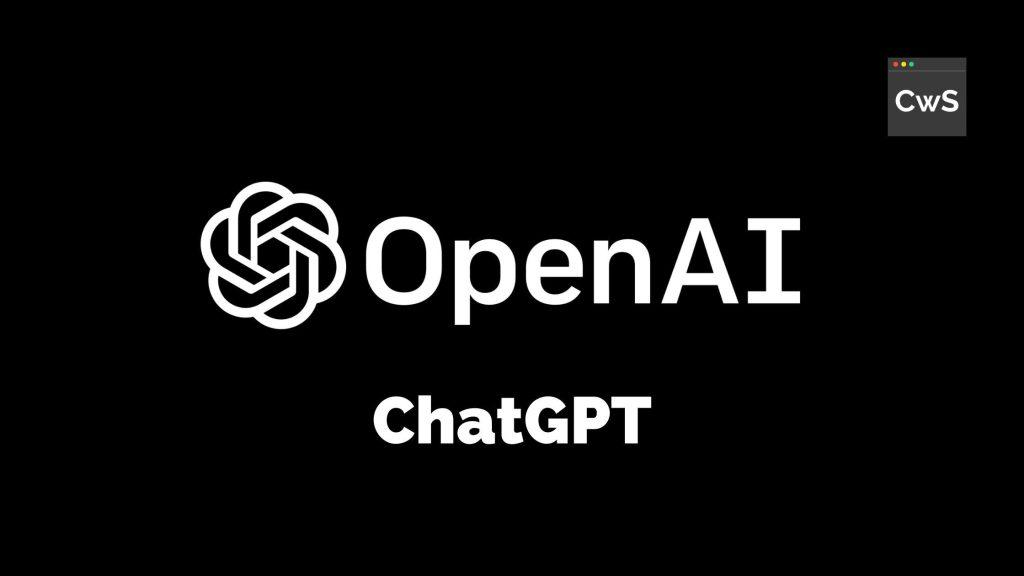Manufacturers are scaling back their rollout of Generative AI initiatives due to mounting concerns over accuracy, as reported by Lucidworks in a study released on Wednesday.
The study, which surveyed over 2,500 global leaders involved in AI technology decisions, highlighted that 58% of manufacturing leaders plan to increase AI spending in 2024. This figure is lower than the global average of 63% and the U.S. average of 69%.
In 2023, both overall and within manufacturing sectors, 93% of leaders had planned to boost AI investments.
WHY IT MATTERS
Recent PitchBook data has shown a significant increase in U.S. venture capital funding, largely driven by substantial investments in AI companies. Investors are optimistic about startups leveraging AI to generate substantial returns. According to Lucidworks’ study, nearly half of manufacturers worldwide reported increased cost savings this year following AI adoption.
“Despite recognizing the potential benefits of Generative AI, many manufacturers are cautious due to challenges like response accuracy and costs,” noted Mike Sinoway, CEO of Lucidworks.
CONTEXT
Generative AI generates new content based on past data but can produce inaccurate outputs, known as hallucinations. Concerns about response accuracy and hallucinations were expressed by 36% of all respondents and 44% of manufacturing leaders.
While only 20% of planned AI projects were implemented in the past year, 55% of manufacturers believe they are keeping pace with their peers in AI adoption.
COST CONSIDERATIONS
Over the past year, 70% of manufacturing firms opted for more expensive commercial AI models. Lucidworks suggests a potential shift towards cost-effective open-source models if they prove as effective and resourceful.














